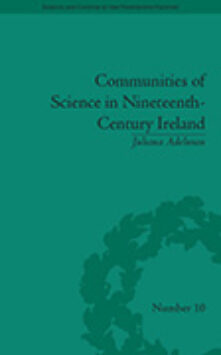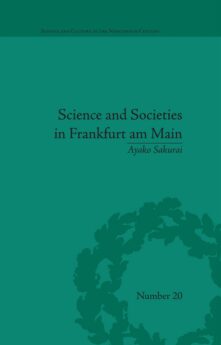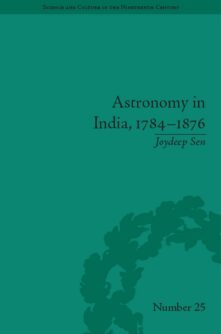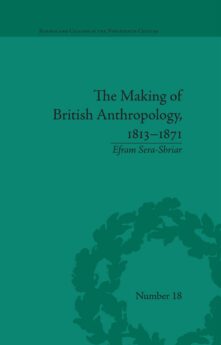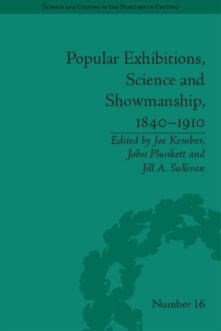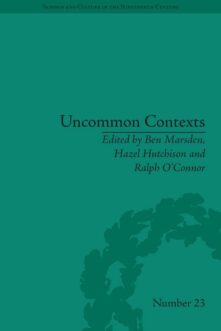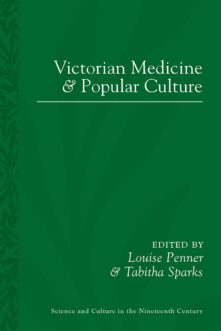Science / General
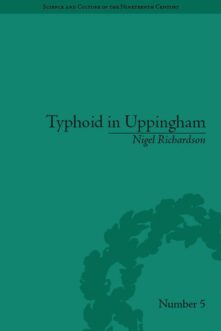

Typhoid in Uppingham
Analysis of a Victorian Town and School in Crisis, 1875–1877
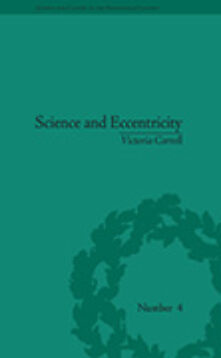

Science and Eccentricity
Collecting, Writing and Performing Science for Early Nineteenth-Century Audiences
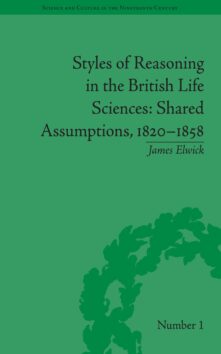

Styles of Reasoning in the British Life Sciences
Shared Assumptions, 1820–1858
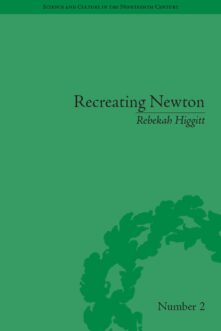

Recreating Newton
Newtonian Biography and the Making of Nineteenth-Century History of Science
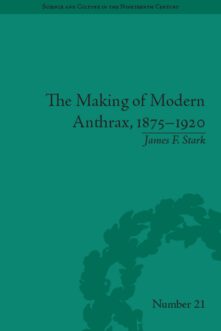

The Making of Modern Anthrax, 1875-1920
Uniting Local, National and Global Histories of Disease
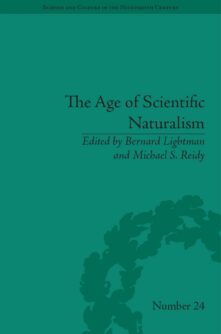

The Age of Scientific Naturalism
Tyndall and His Contemporaries
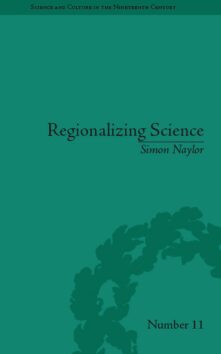

Regionalizing Science
Placing Knowledges in Victorian England
Total 58 results found.


